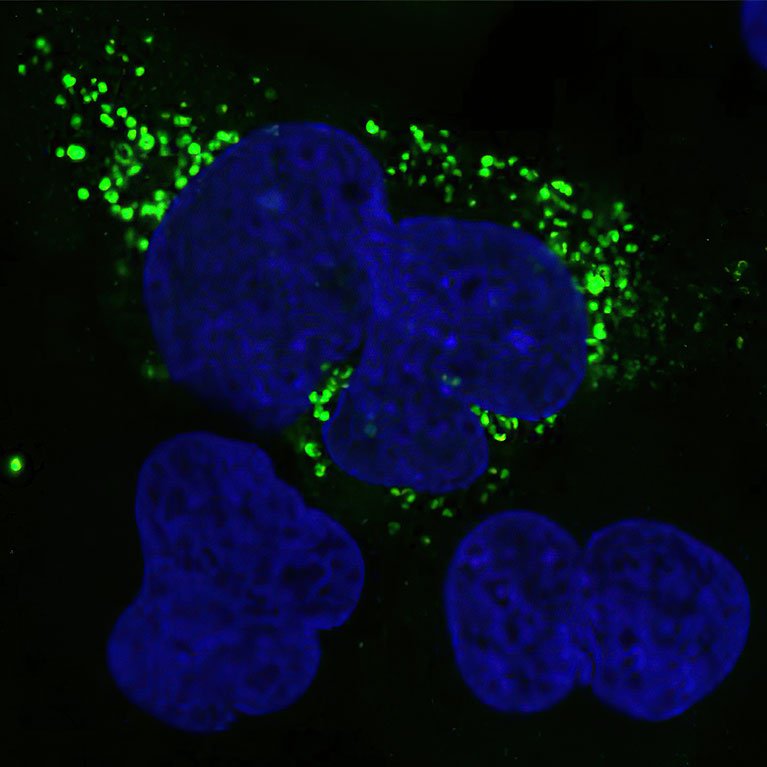Overview
A new AI framework named ShortStop has been developed by scientists at the Salk Institute to explore previously overlooked regions of the human genome. This tool focuses on identifying microproteins, a lesser-known subclass of proteins that may play significant roles in health and disease.
Key Insights
- Microproteins are small proteins typically containing fewer than 150 amino acids.
- They have been largely ignored due to their presence in the 99% of DNA considered “noncoding.”
- ShortStop can analyze genetic databases to identify DNA sequences that likely code for these microproteins.
- The tool also predicts which microproteins are biologically relevant, streamlining the research process.
Research Findings
The Salk team has successfully utilized ShortStop to analyze a lung cancer dataset, identifying 210 new microprotein candidates, including one validated microprotein that could serve as a therapeutic target.
Importance of Microproteins
According to senior author Alan Saghatelian, many small proteins have been overlooked in genomic studies. He emphasizes that these microproteins could be crucial in regulating health and disease, challenging the notion that noncoding DNA is merely “junk.”
Challenges in Microprotein Detection
Detecting microproteins has been challenging due to their small size. Traditional methods often fail to distinguish between functional and nonfunctional microproteins, leading to time-consuming and costly research efforts.
How ShortStop Works
ShortStop enhances the discovery process by:
- Sorting microproteins into functional and nonfunctional categories.
- Using a machine learning approach that compares found sequences against a control dataset of random sequences.
- Narrowing down the experimental pool, allowing researchers to focus on the most promising candidates.
Future Applications
ShortStop has the potential to accelerate the characterization of microproteins across various health conditions, including cancer and Alzheimer’s disease. The researchers have already identified a microprotein associated with lung cancer, highlighting the tool’s capability to prioritize candidates for further investigation.
Conclusion
The development of ShortStop represents a significant advancement in the field of genomics, enabling researchers to uncover hidden microproteins that could lead to new diagnostic and therapeutic strategies.
For more information, refer to the publication: ShortStop: A machine learning framework for microprotein discovery in BMC Methods.
